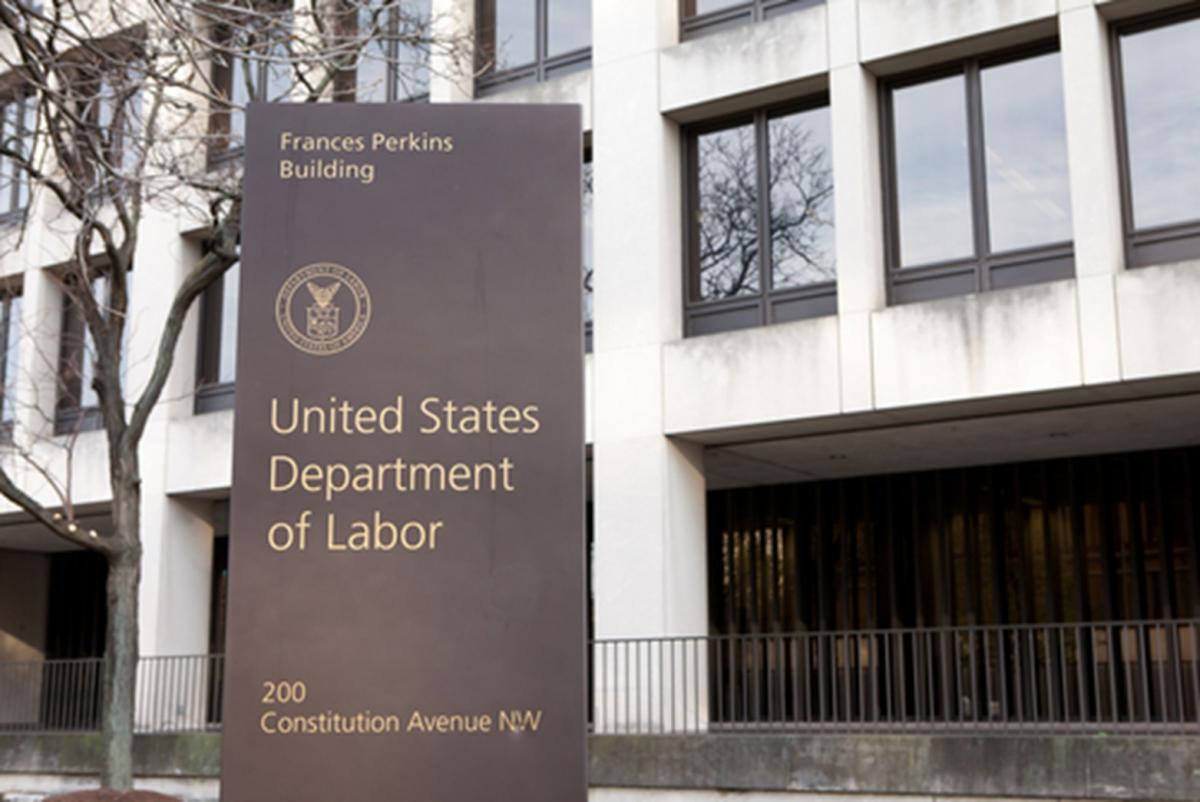
In our comment letter submitted to the Department of Labor (DOL) on Jan. 2, 2024, the American Retirement Association (ARA) expressed support for—yet specific issues with—the department’s proposed definition of “fiduciary investment advice” and amendments to PTE 2020-02.
The rulemaking package, named the “Retirement Security Proposed Rule and Proposed Amendments to Class Prohibited Transaction Exemptions for Investment Advice Fiduciaries,” appeared in the Federal Register on Nov. 3, 2023. The DOL allowed 60 days for comments and held a two-day hearing on the proposal.
By way of background, we noted that the DOL issued its current ERISA definition of “fiduciary investment advice” in 1975. At the time, defined benefit plans were prevalent, and 401(k) plans didn’t exist. Individuals generally left investment decisions related to their workplace retirement plans to professionals at larger companies, whom the 1975 rule was designed to protect.
However, 401(k) plans now dominate the retirement plan market, the number of small businesses that sponsor plans has significantly increased, and Congress continues to show interest in encouraging small business plan adoption. While plan sponsors are still involved in selecting which investment options to offer, individual investors make most decisions regarding their retirement plan assets.
Importantly, small plan fiduciaries often do not have the independent investment expertise and resources of their larger counterparts and are, therefore, more likely to rely on plan service providers for advice. Small plans typically have less bargaining power with investment providers, meaning participants pay higher fees than larger plans with the same investment options.
We also pointed to the regulatory gap under current law, which means that small plan service providers are subject to less regulation than larger plans, including advisors who engage clients on a one-time basis rather than in a regular and ongoing relationship.
Plan sponsors make decisions on behalf of all participants and beneficiaries, so they must rely on the fact that their investment advisor will be subject to ERISA’s fiduciary standards, whether the plan is large or small. The need for rulemaking in this area is critical, and we shared several specific concerns and recommended revisions, including:
- Modifying the proposed new regular basis test to avoid any chilling effect on the provision of distribution information and to ensure that a party does not become an investment advice fiduciary merely by indirect use of a recommendation that was not provided to the retirement investor.
- Making explicit that “Hire Me” conversations are not fiduciary investment advice.
- Modifying the fiduciary acknowledgment in the PTE 2020-02 disclosure.
- Eliminating the presumption that specific types of compensation payments are conflicted.
- Providing relief from the disclosure requirements of PTE 2020-02 for circumstances in which such disclosures may already be required between financial institutions.
- Changing the effective date to a year after publication.
- Workplace retirement plan coverage is absolutely critical to successful participant outcomes. Taking sensible steps to address gaps in the current regulatory framework is essential and can help protect the retirement savings of millions of working Americans, something we expressed throughout the ARA’s letter.
CLICK HERE FOR THE FULL TEXT OF THE LETTER.
Allison Wielobob is the Chief Legal Officer of the American Retirement Association.
- Log in to post comments
